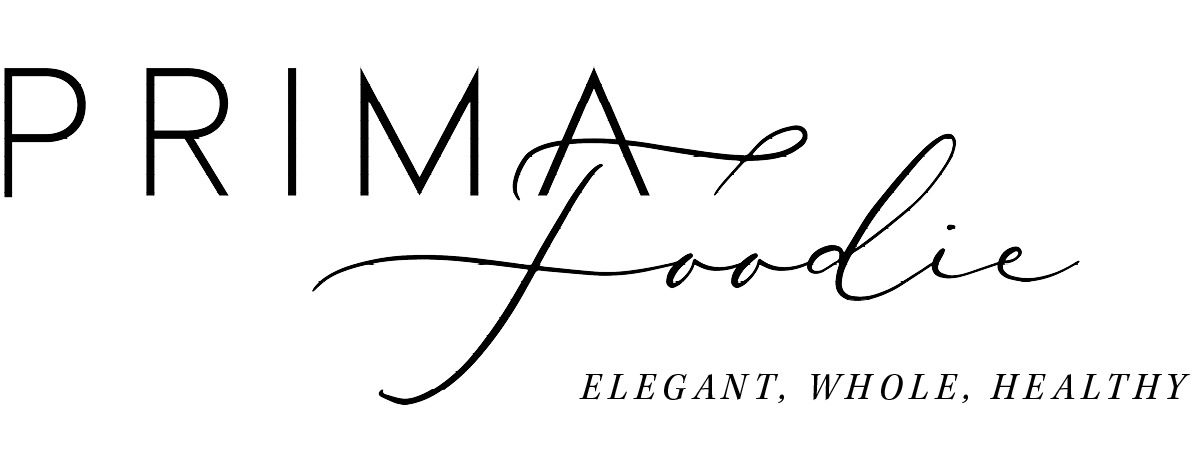PrimaFoodie Ingredient Spotlight: Diacetyl
Ingredients in our food are as ubiquitous as they are nebulous. In our PrimaFoodie Ingredient Spotlights, we investigate common food additives to discover their origin, use, and purpose— because even if something is edible, it doesn't mean it's healthy or necessary.
What is Diacetyl?
Diacetyl is a chemical compound with a buttery flavor and odor. It is both an organic chemical naturally found in certain fruits, vegetables, and dairy products and a synthetically manufactured flavoring agent used to give foods a butteriness. Diacetyl is also a natural byproduct of fermentation, which is why it is present in some beer and wine. For years, it was a common additive in microwave popcorn, lending that distinctively rich, buttery flavor that many people associate with movie nights.
What’s the Purpose of Diacetyl?
In the food industry, diacetyl’s primary purpose is to replicate the flavor of butter. The compound has been used in a wide range of products beyond microwave popcorn, including caramel, baked goods, and dairy items. It’s also used as a flavoring in certain beverages, giving them a slightly creamy, buttery finish.
In processed foods, diacetyl not only enhances flavor but sometimes also acts as a preservative, making it a valuable tool for manufacturers looking to extend the shelf life of their products. This chemical is particularly prevalent in “buttery” food products because it makes foods creamier and more indulgent.
Where is Diacetyl Found?
Diacetyl isn’t just limited to popcorn and dairy products. It occurs naturally in small amounts in various foods, but is more commonly used as an artificial additive in processed items, such as:
Microwave popcorn
Crackers, potato chips, and corn chips
Baked goods and pastries
Flavored gelatin and puddings
Caramel, chocolate, and other candy
Ice cream
Certain types of beer and wine
Sour cream and butter
E-cigarettes (as part of dessert-like vapor flavors)
Diacetyl is naturally found in:
Cocoa
Honey
Beer, wine, and other alcoholic drinks
Milk, cheese, butter, and yogurt
Interestingly, food labels don’t always list diacetyl explicitly. It can sometimes be hidden under terms like “natural and artificial flavorings” or “DATEM,” making it difficult for consumers to avoid it altogether.
Is Diacetyl Bad?
Despite its seemingly innocuous nature, diacetyl has been the subject of health concerns.
In 2000, a serious health crisis within the microwave popcorn industry came to light. Factory workers exposed to diacetyl developed a debilitating lung condition known as "popcorn lung,” where the workers fell ill after breathing in diacetyl. The American Lung Association states that “while this flavoring may be tasty, it was linked to deaths and hundreds of cases of bronchiolitis obliterans, a serious and irreversible lung disease.”
Major popcorn manufacturers have since removed diacetyl from their products, but the risk is still out there, notably today in e-cigarettes, in which some manufacturers incorporate diacetyl as a vape flavoring.
The PrimaFoodie Take
At PrimaFoodie, we advocate for a mindful approach to food choices, especially when it comes to ingredients like diacetyl, which can carry risks. While diacetyl may no longer be a staple in microwave popcorn, its presence in other products means that it’s still worth paying attention to. Instead of relying on processed, pre-packaged foods, we suggest opting for whole, natural ingredients whenever possible.
Popcorn, for example, can be easily made on the stovetop with organic kernels and fresh, high-quality butter from your local farmer’s market or health food store. Not only does this eliminate the need for potentially harmful additives, but it also reduces waste from plastic and other unsustainable packaging.
In a world where quick, convenient foods often come with health compromises, we believe in empowering consumers to make informed choices. Knowing what’s in your food—and understanding the potential risks—can make a world of difference in maintaining a healthy, sustainable lifestyle.
So, our take? We at PrimaFoodie avoid diacetyl.

